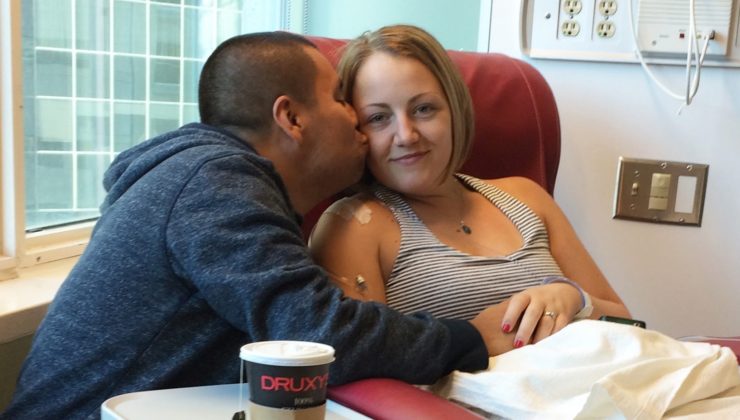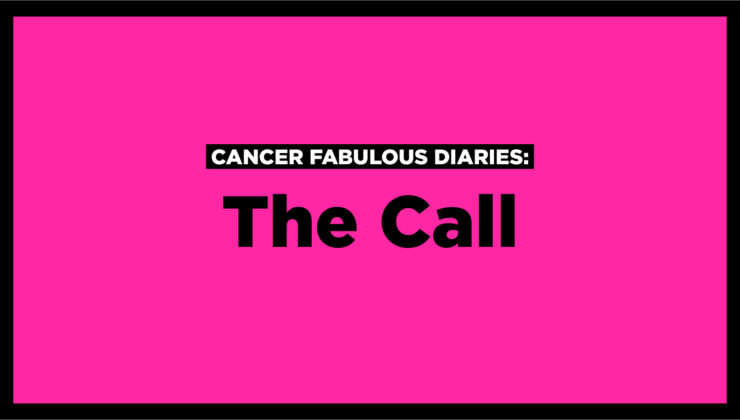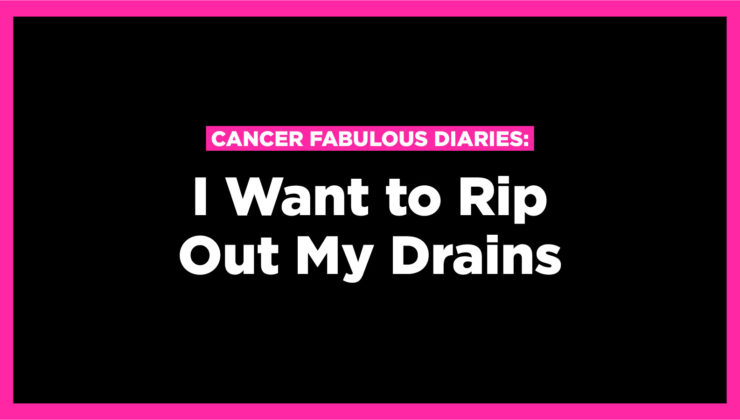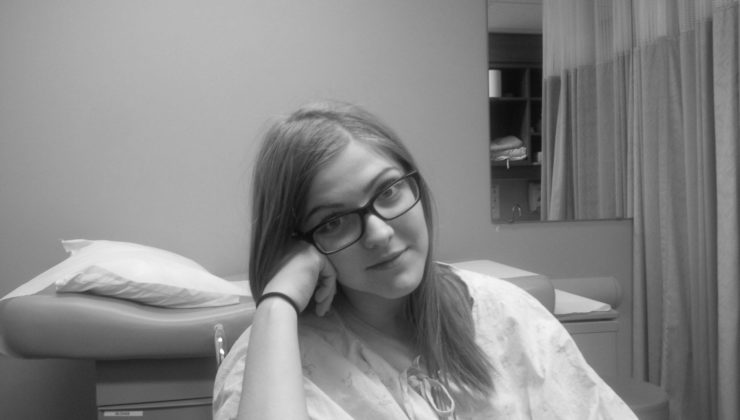The Truth About Second Opinions

During my eight years at Rethink one of the issues that I often get asked about are second opinions when it comes to a cancer diagnosis and treatment options.
While we are very lucky to have a healthcare system that offers “free” healthcare services and treatment, the pitfall is in the belief that most patients have that they don’t have a choice when it comes to who administers their care. I am not sure if it because Canadians are “polite” or because our healthcare system is not consumer-driven like the US; but somehow, we believe that our healthcare providers are doing us a favour and therefore asking for a second opinion would be frowned upon.
The truth is that you ARE entitled to a second opinion at any point in your cancer care. Here are some steps you can take to help the process along.
ASK YOURSELF WHY
There are myriad of reasons to seek a second opinion including a distrust of your doctor, a personality conflict or feeling uncomfortable in their care, a change in your diagnosis and prognosis, a move that renders you far from your oncologist, access to a clinical trial to name a few. It is important to understand why you want another opinion because it will help you to articulate your needs and assess what you are specifically looking for. For example, if you are looking for an oncologist who is open to complementary care from a naturopath (yes, they do exist!), this will help you to hone in on the right fit.
Asking yourself why also helps you to assess whether it is a care issue, or another issue, like fear or anxiety. I have spoken to women who need to process information about their diagnosis and treatment before they are able to fully accept what their doctors are telling them. This doesn’t necessarily require a second opinion but space to process the information and news. It may be helpful to get some counselling, instead of more medical information.
BE CONFIDENT IN YOUR CHOICE AND FIRM IN YOUR ASK
Going into an appointment with confidence about your decision to get a second opinion will help you to make the ask required for the referral. It is important to note that there can be an inherent paternalistic power dynamic between patients and physicians in this relationship which needs to shift. Being able to voice your concerns, questions and care decisions starts with believing in your right to make the best care decisions for yourself and working with someone who supports those decisions. This will make it easier to be firm in your ask for the referral.
WHO TO ASK
If you aren’t comfortable asking your doctor for a name, check with your provincial College of Physicians and Surgeons or the nearest university hospital.
If you are deciding about a surgery or other special treatment, ask your primary care doctor (such as your family doctor or general practitioner) for the name of a surgeon or specialist who doesn’t work with your current surgeon or specialist. Also think about getting an opinion from a health professional with a different background.
When getting a second opinion, follow these general guidelines:
- Schedule a visit with the second doctor. Give yourself enough time to arrange for your medical records to get there before your appointment.
- Have your first-opinion records sent ahead to the second doctor.
- Have the second doctor’s office send a report to your primary doctor or family doctor, the one who manages all your care. This keeps all of your medical information in one place.
HOW DO YOU USE A SECOND OPINION?
When you have gathered the information you need, go over it with your primary care doctor or the specialist of your choice. Talk about how treatment choices might change your daily life, now and in the future. For testing choices, talk about how the results would be useful to you.
If your doctors agree, your decision should be clearer. But sometimes doctors disagree. Even when doctors follow the same guidelines, there may be more than one treatment choice. Two doctors may have good, yet different, opinions about how to treat you.
If the doctors don’t agree, talk to your primary care physician again. Can he or she help you with your decision? If not, and if you still wonder about other options, talk to a different kind of provider. For example, if you are thinking a unilateral mastectomy vs a bilateral mastectomy, meet with two surgeons and potentially a plastic surgeon if you are considering reconstruction. You may also want to meet with a genetic counsellor to learn more about your risk in this scenario. You may learn about some non-surgical choices you can try like surveillance.
Remember, you are entitled to weigh all of your options when it comes to your cancer treatment and care. Cancer care is not a one-size-fits-all approach and taking some time to process your options (and feelings) is important.
To read more about ways to communicate with your healthcare team, click here.

Shawna Rich-Ginsberg is a trained counselor and Rethink’s Senior Manager of Support & Education Programs. She has presented at international conferences on a variety of psychosocial oncology-related topics including: models of peer support, talking to children about cancer and building a legacy when faced with end of life care decisions. Currently, she is in the process of obtaining her Master’s in Social Work from Laurier University.








